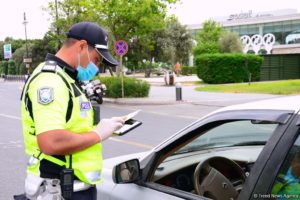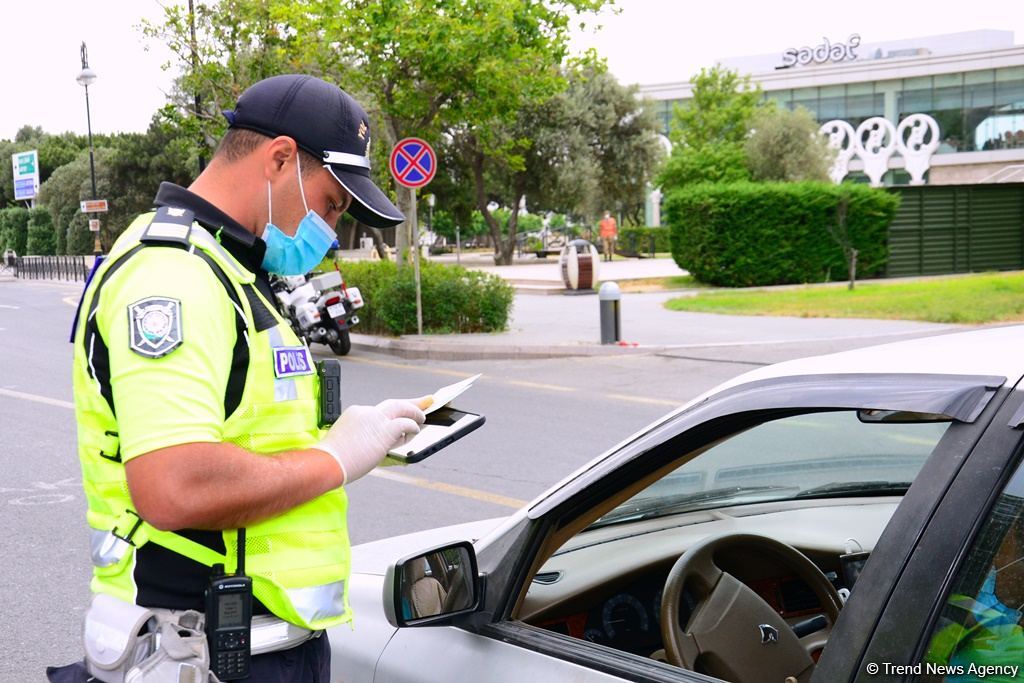Mary Lou Jay
In most states, a driver can expect to collect certain damages from the at-fault party after an accident. But some states are taking that privilege away from drivers who don’t carry insurance themselves. “No pay, no play” laws target uninsured drivers by preventing them from being rewarded by a system they neglect to pay into.

According to the Property and Casualty Insurers Association of America (PCI), Alaska, California, Iowa, Louisiana, Michigan, New Jersey, North Dakota and Oregon were among the first states to adopt “no pay, no play” laws. Kansas and Oklahoma joined the list in 2011.
- In California, both uninsured and drunken drivers are prevented from collecting any non-economic damages if they’re injured in an accident, according to PCI. Non-economic damages include compensation for things like pain and suffering, emotional distress or inconvenience.
- North Dakota prohibits uninsured drivers from collecting non-economic damages if they’ve already been convicted twice before of driving without insurance.
- Oregon bars non-economic damages for uninsured and intoxicated drivers as well as drivers who are hurt while committing a felony. But the ban does not apply if the uninsured driver had insurance during the previous 180 days and had not driven an uninsured vehicle for the year before the policy expired.
- According to Louisiana’s law, uninsured drivers are barred from collecting the first $15,000 of bodily injury damages and the first $25,000 of property damages. But that ban doesn’t apply if the at-fault party is driving while intoxicated, flees from the scene is taking part in a felony or intentionally causes the accident.
For states that don’t already have these laws, more recent efforts to enact “no pay, no play” legislation have failed. For instance, Montana’s governor vetoed a “no pay, no play” bill in April 2011.
Proponents of the “no pay, no play” bills say that it’s not fair that motorists who don’t follow the law and neglect to get auto insurance should be able to collect damages. In a letter to Montana’s governor urging him to sign “no pay, no play” legislation, PCI pointed out that uninsured drivers should not be able “to benefit from someone else’s compliance with the law while simultaneously denying that same benefit to anyone who has the misfortune of being hit by them.” PCI also contends that if all drivers paid for insurance, costs would be carried equally by all and everyone’s rates could go down.
Opponents of these bills argue that people don’t buy insurance because they can’t afford it. They say it’s not fair that these uninsured motorists would be denied compensation for an accident that’s not their fault. When vetoing Montana’s “no pay, no play” bill, for example, Gov. Jim Peterson wrote that the “punishment” proposed under the bill did not fit the crime.
